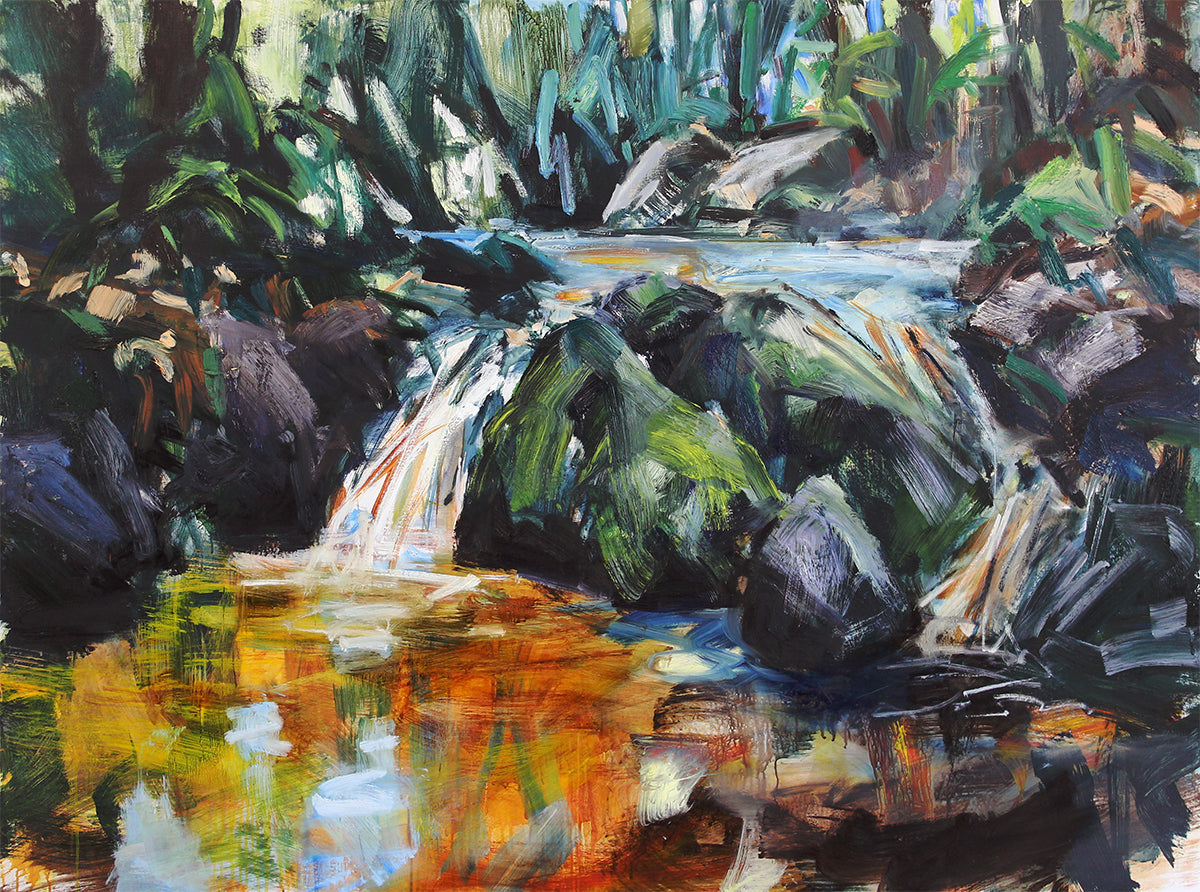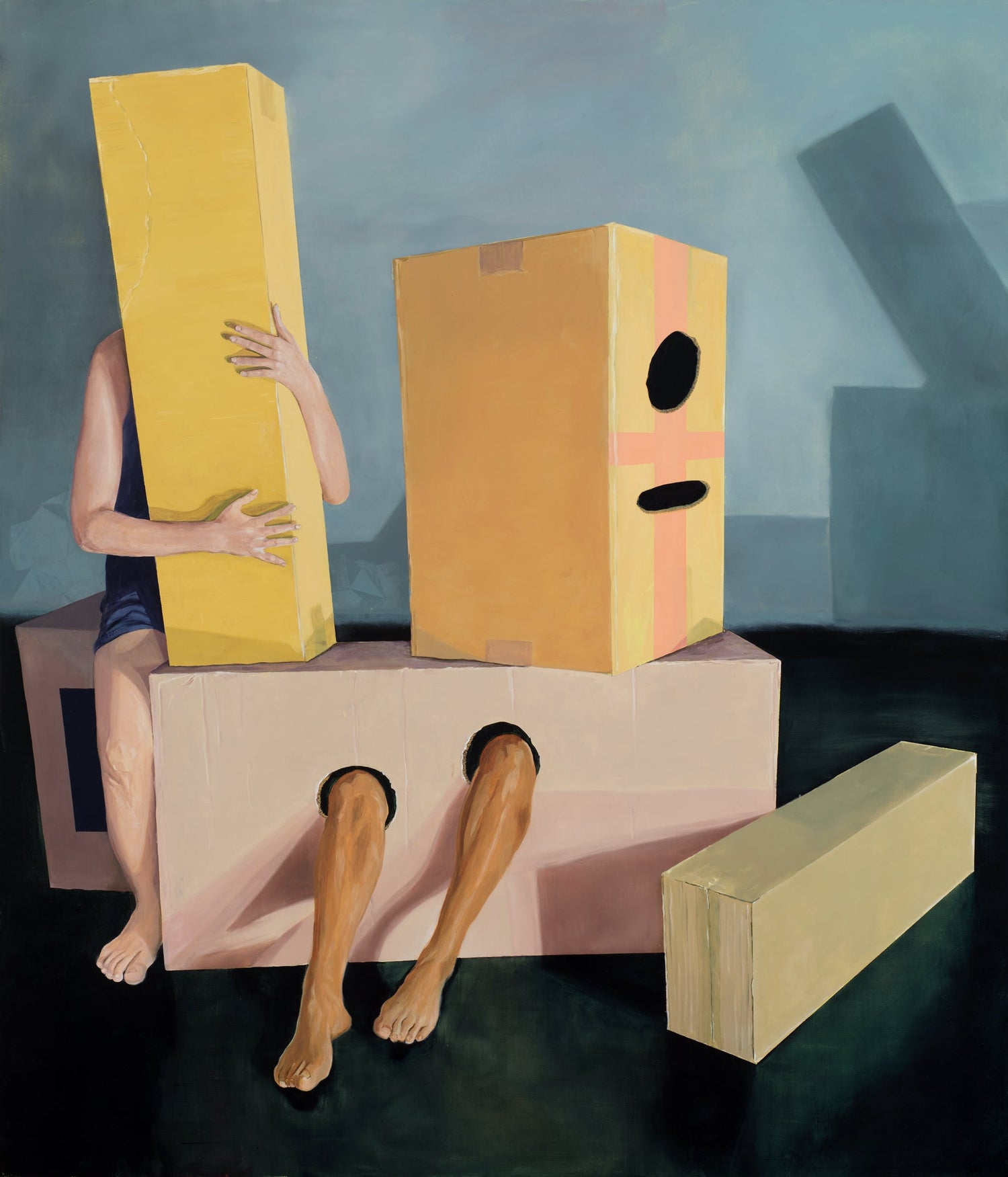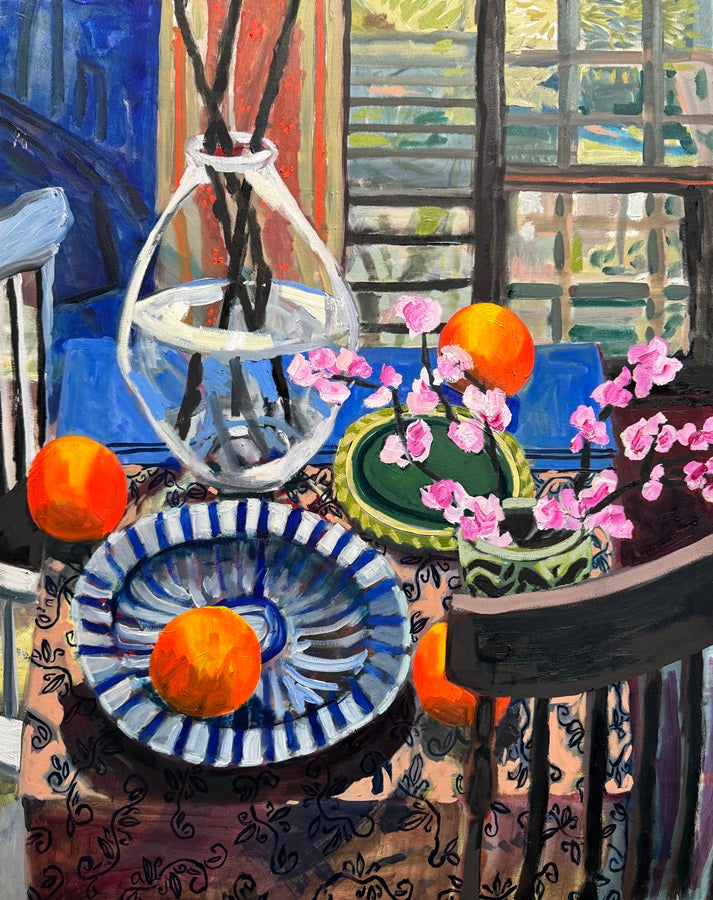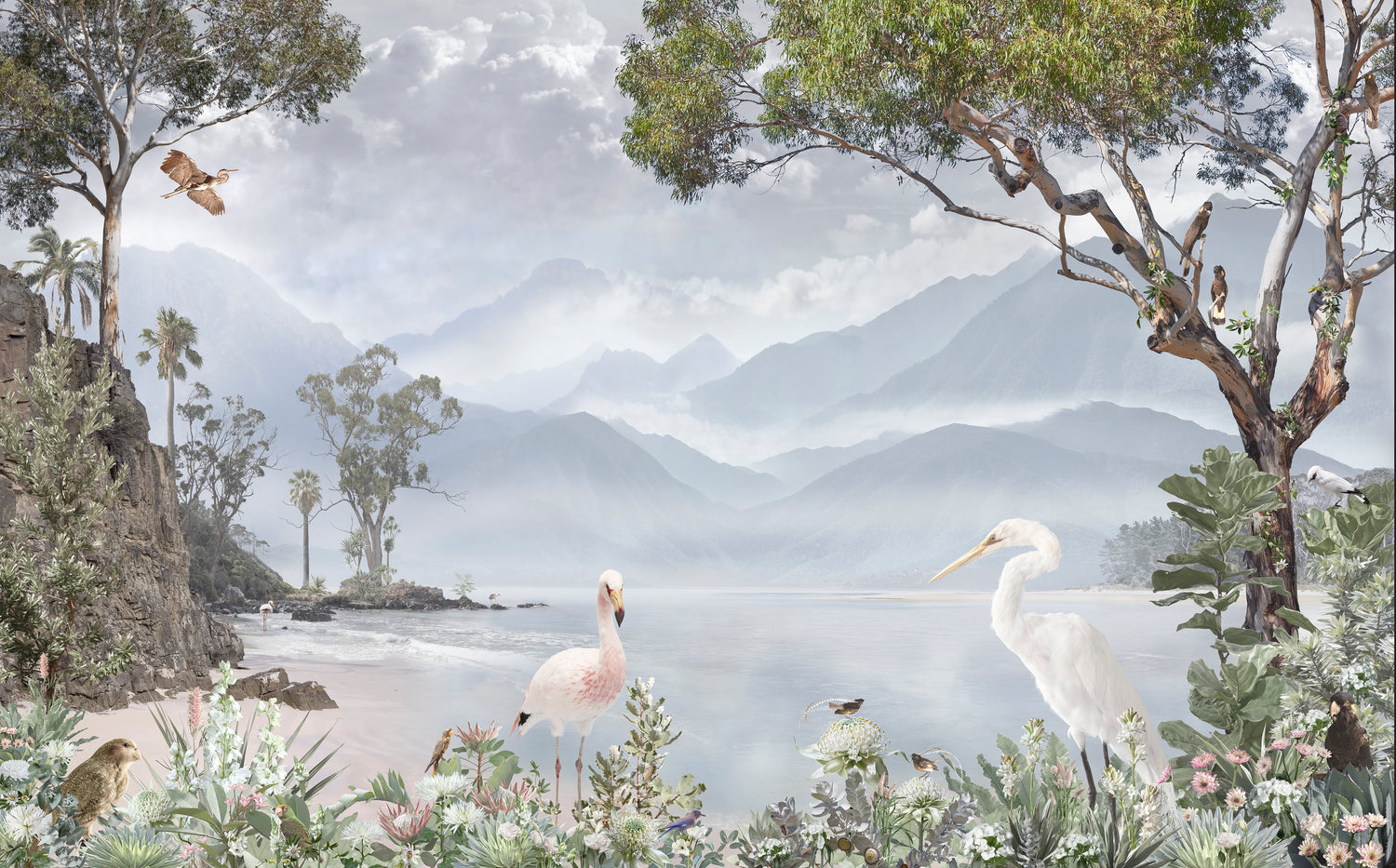
GALLERYSMITH
COLLECTABLE ART | CRITICALLY ACCLAIMED ARTISTS
-

Kate Ballis
Kate Ballis is a Melbourne-based photographic artist whose work explores the theme of...
-
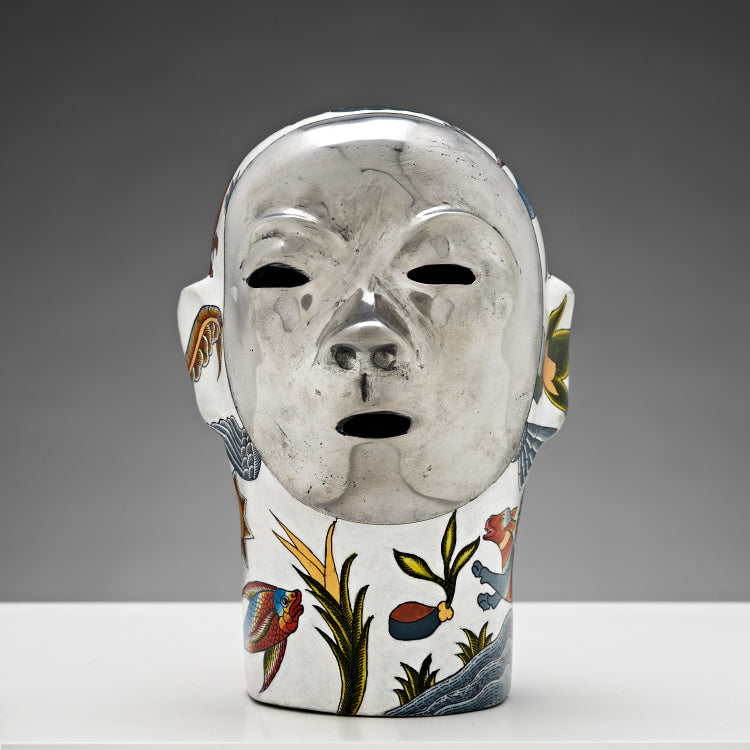
Dadang Christanto
Born in central Java in 1957, Dadang Christanto has spent his career honouring the...
-

Penelope Davis
Penelope Davis a Melbourne artist whose practice explores photographic image-making without a...
-
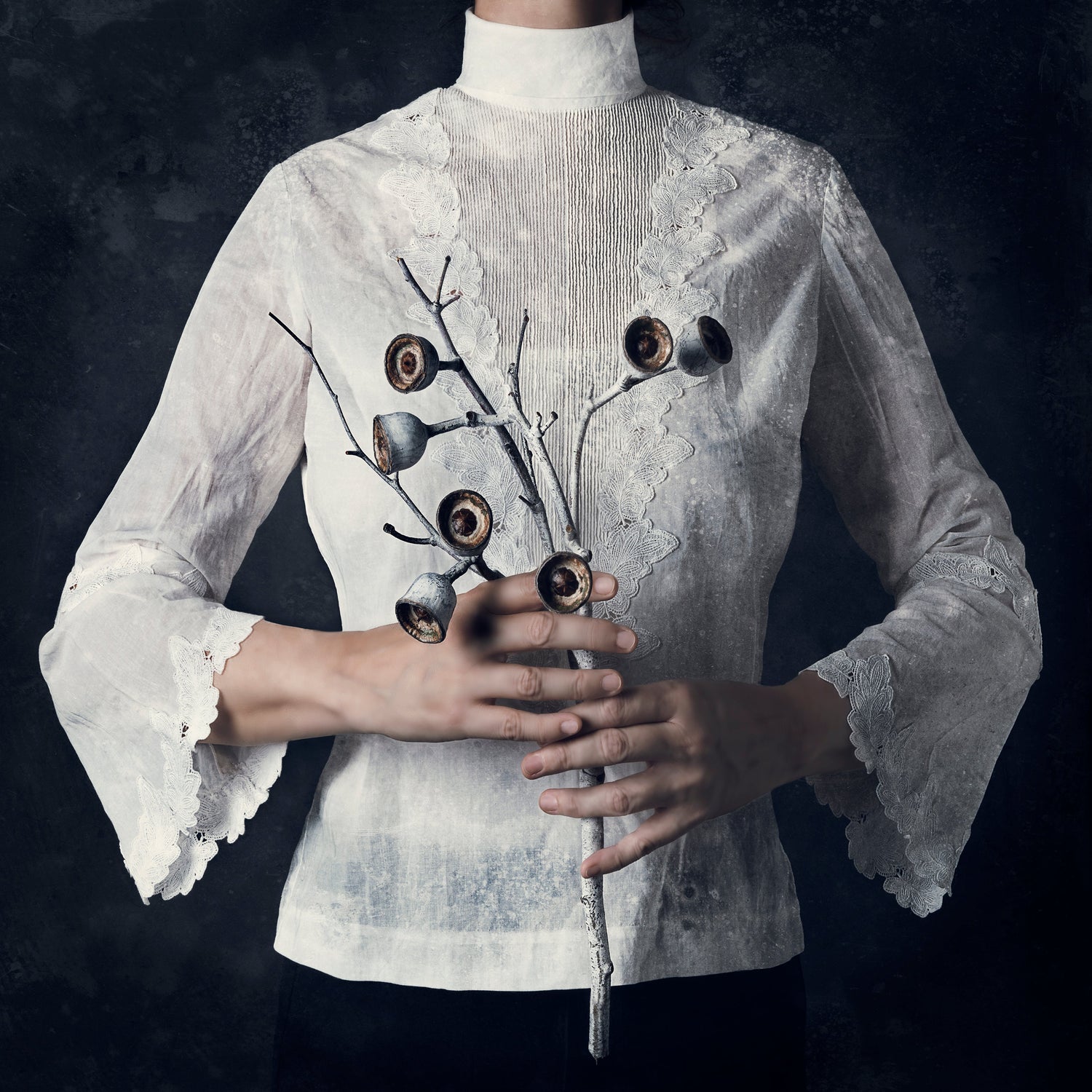
Eva Fernandez
Born in Toronto, Canada and living in Perth, Western Australia, Eva Ferndandez investigates her...
-
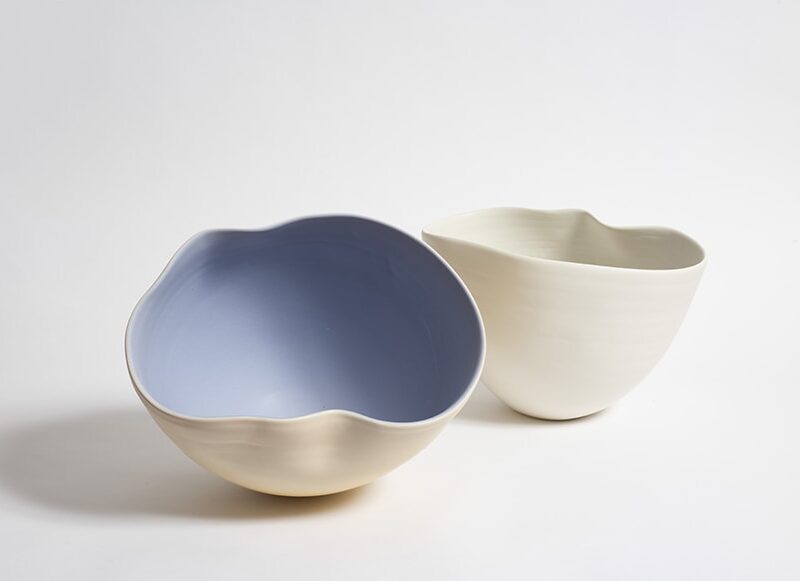
Neville French
Neville French is widely regarded as one of Australia’s most revered classical ceramicists....
-
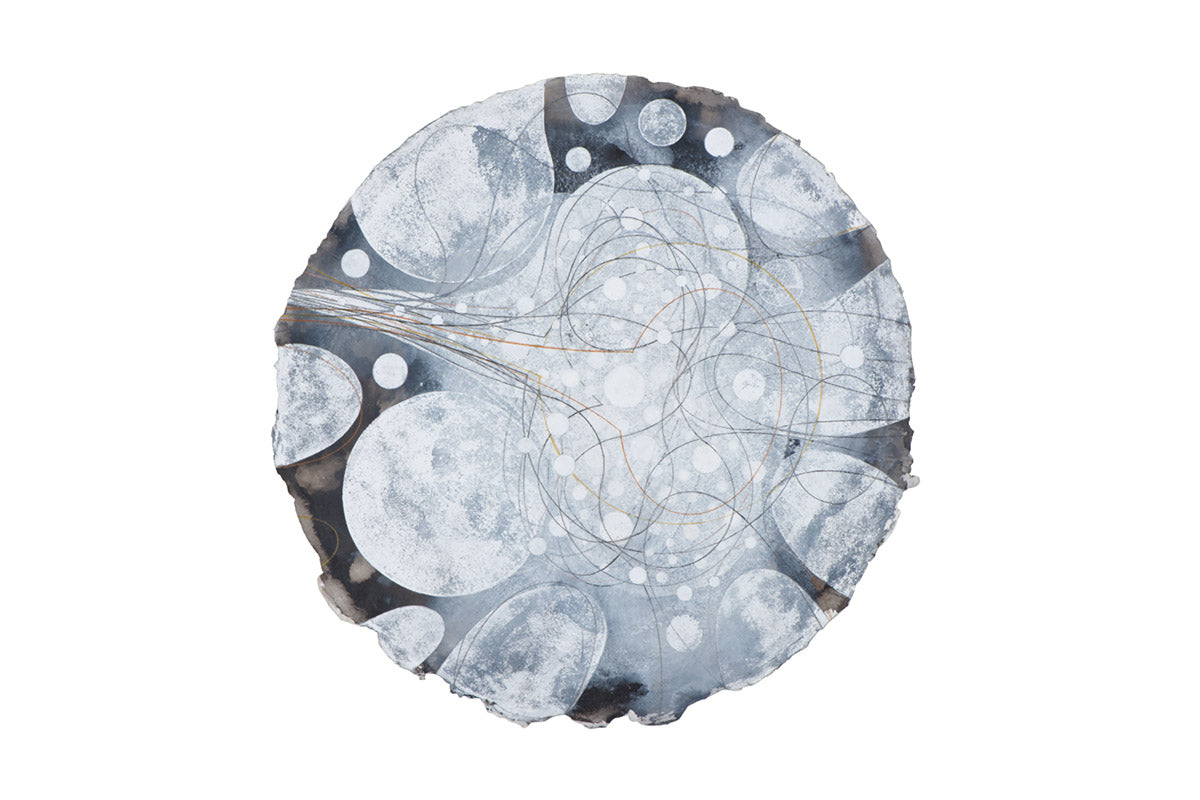
Ian Friend
From his studio in Ipswich, Queensland, Ian Friend creates subtle and evocative works on...
-
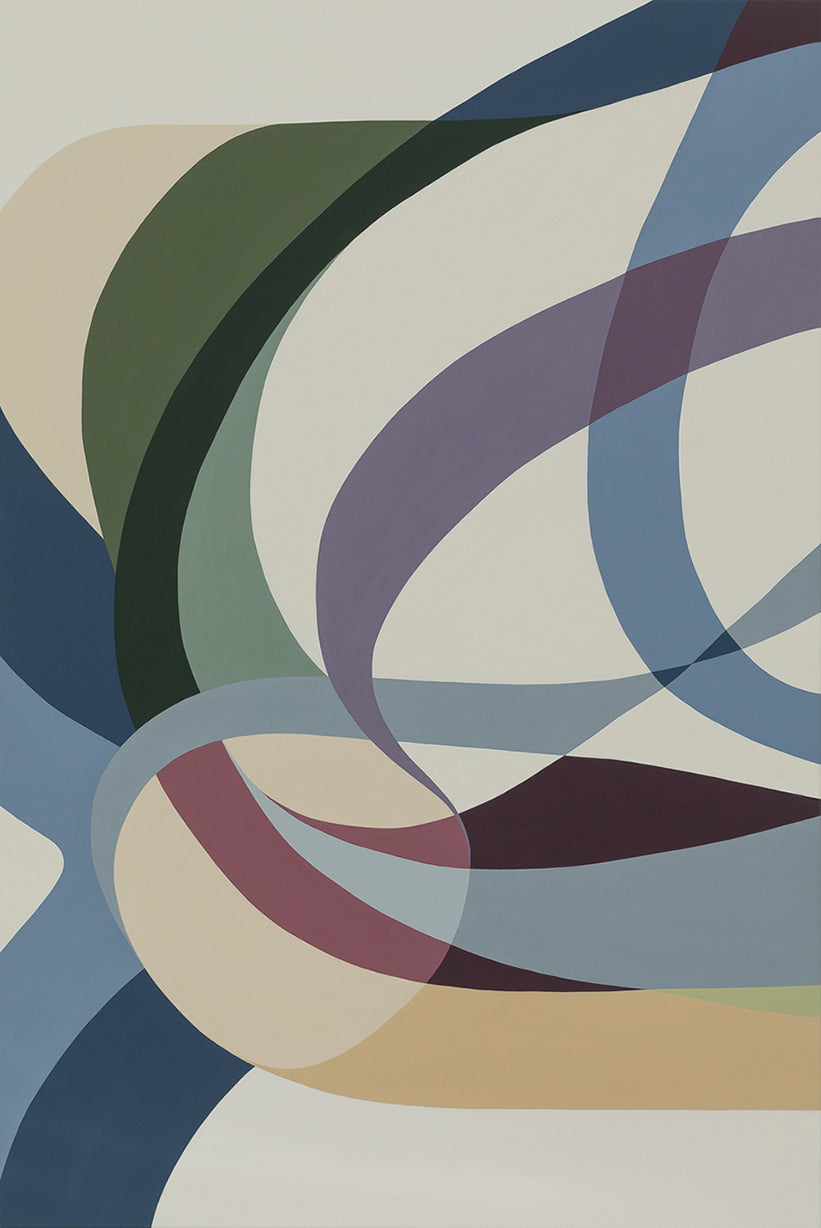
Jennifer Goodman
Working from her studio in Melbourne, Jennifer Goodman’s painting practice is a detailed...
-

Fiona Hiscock
Fiona Hiscock’s practice emerges from a long historical tradition of utilitarian ceramics...
-
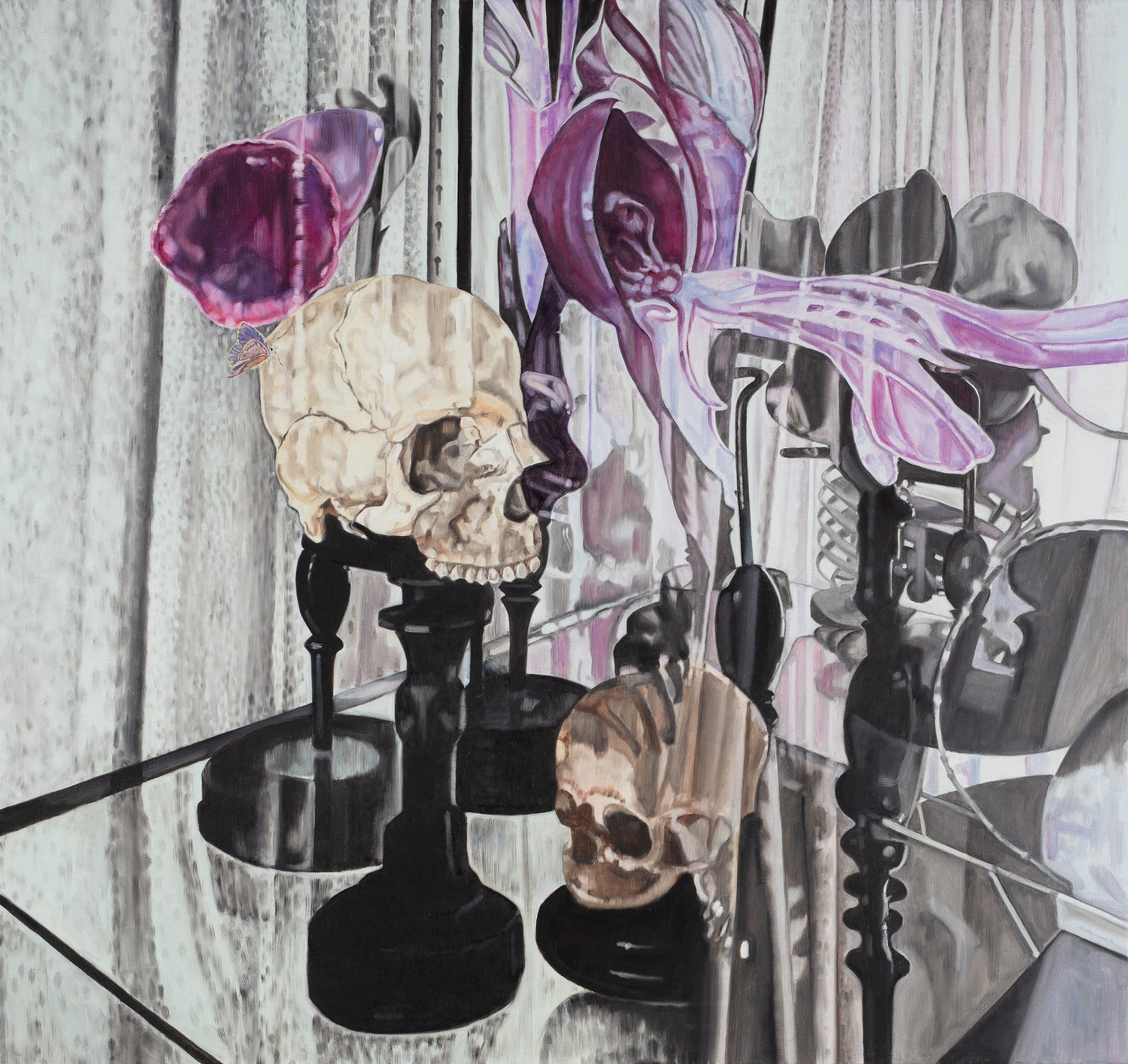
Dena Kahan
Dena Kahan’s painting practice aims to subvert our natural inclination for order...
-

Susanne Kerr
Though aesthetically influenced by historical visual culture, Susanne Kerr’s works are observations...
-
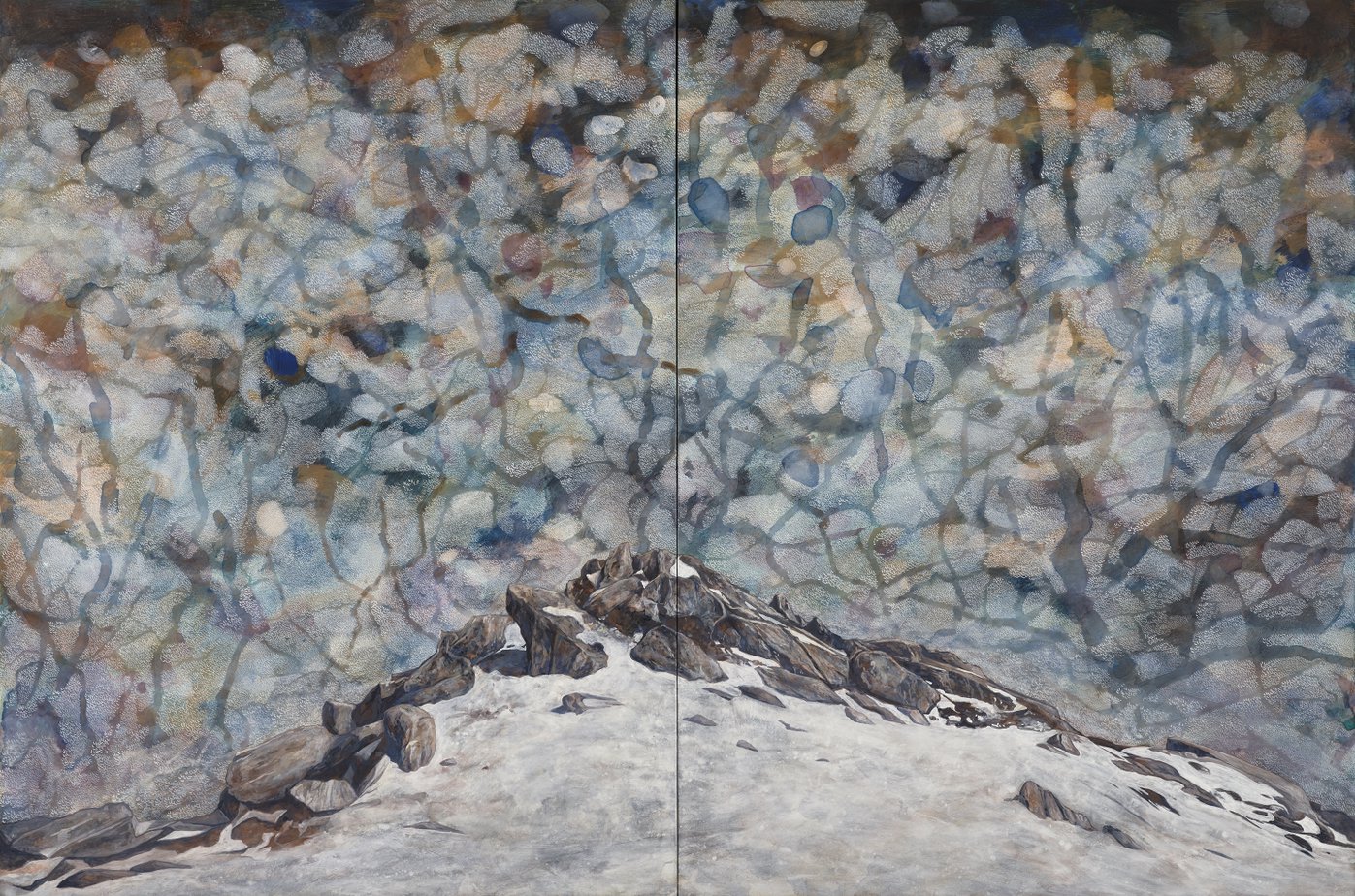
Sue Lovegrove
Sue Lovegrove’s painting practice reflects an intimate and personal experience of landscape;...
-
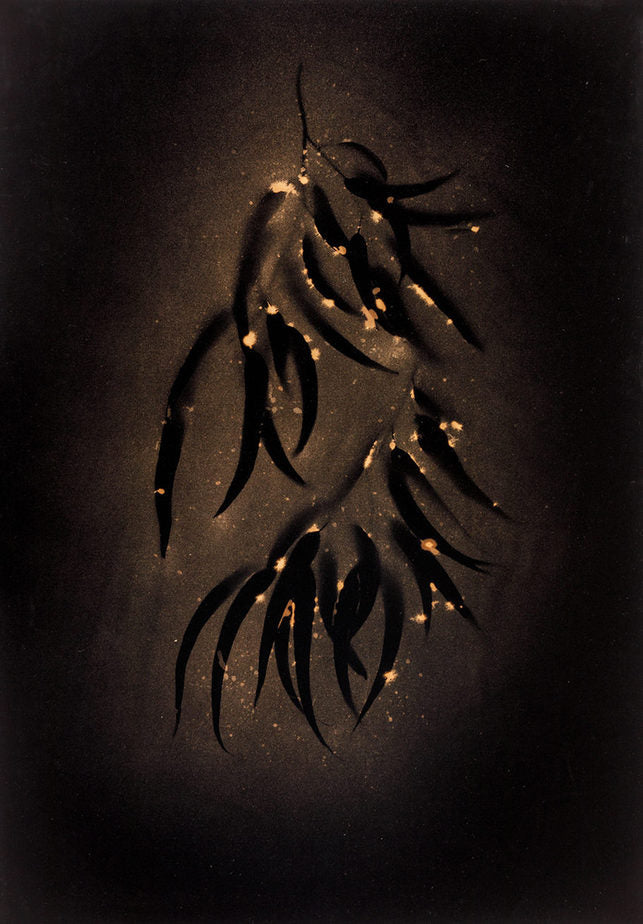
Clinton Naina
Clinton Naina (formerly Nain) is an award winning painter, dancer andstoryteller who holds...
-
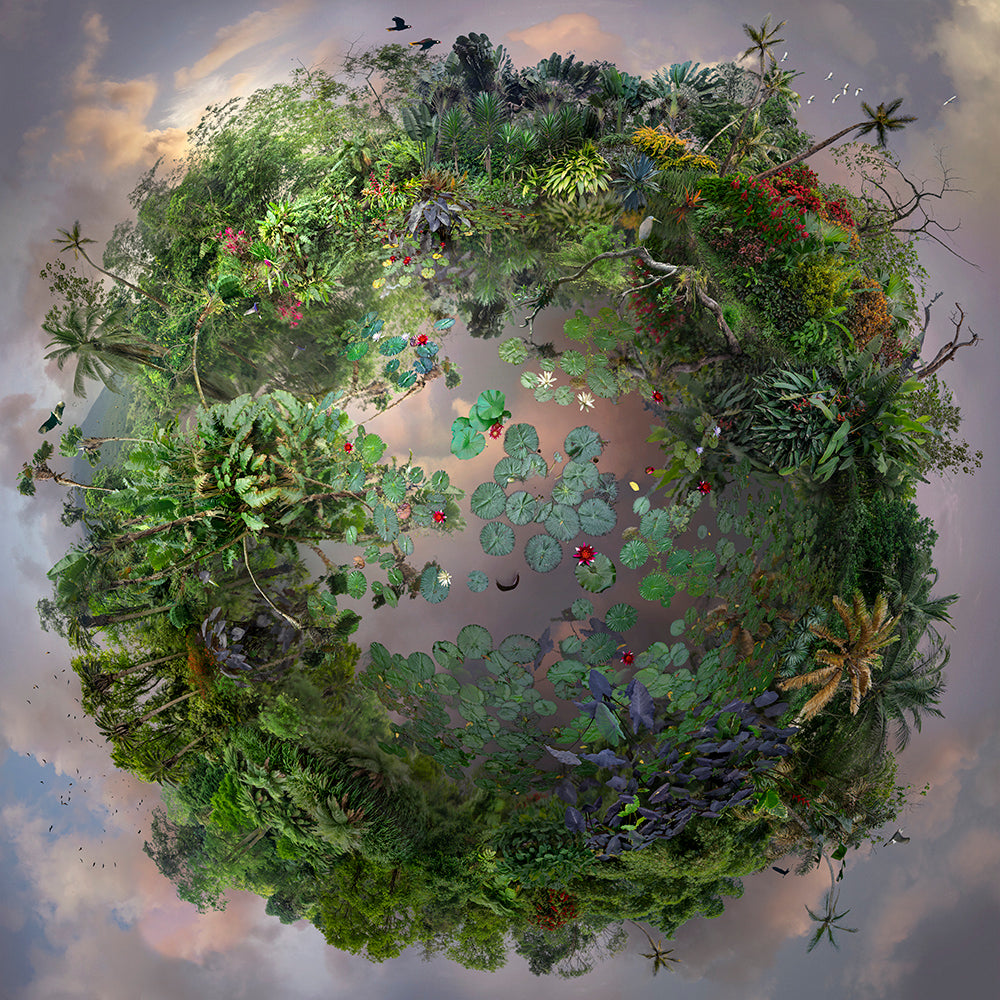
Catherine Nelson
Catherine Nelson is a photographic and photomedia artist who examines the delicate and...
-
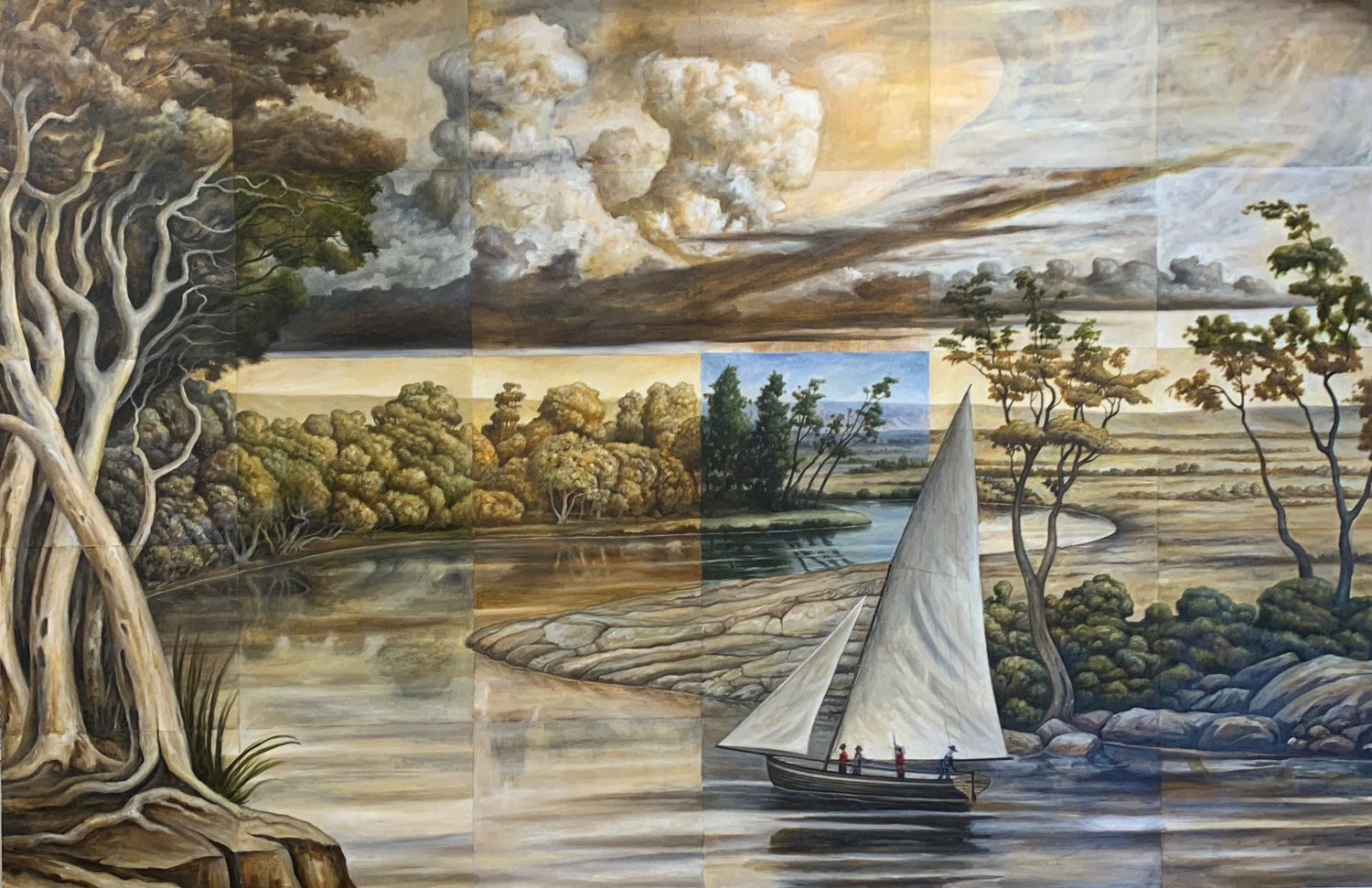
Christopher Pease
Christopher Pease is a Minang / Wardandi / Bibbulmun man from South Western...
-
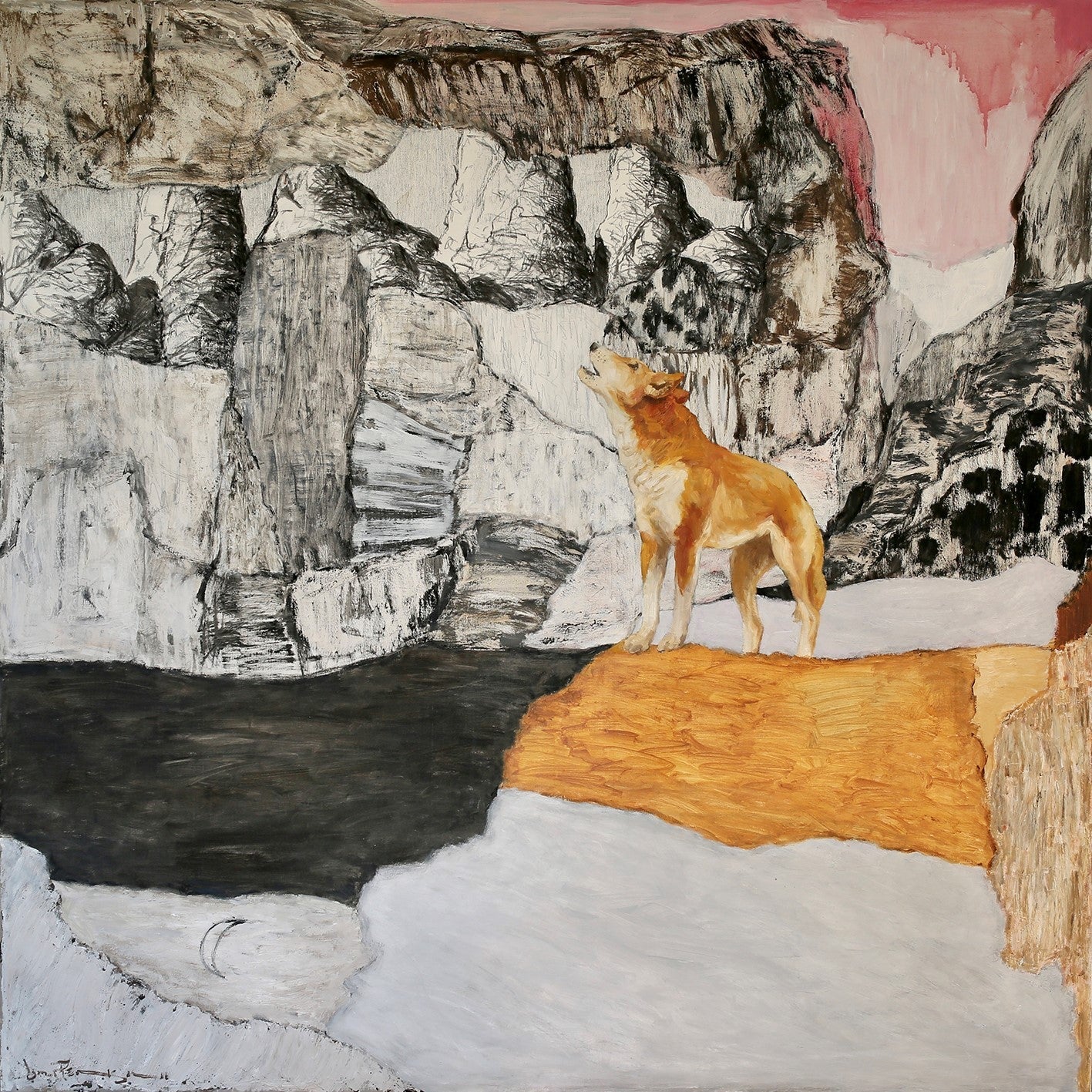
Lori Pensini
Lori Pensini’s painting practice reflects the experience of living on pastoral land in...
-
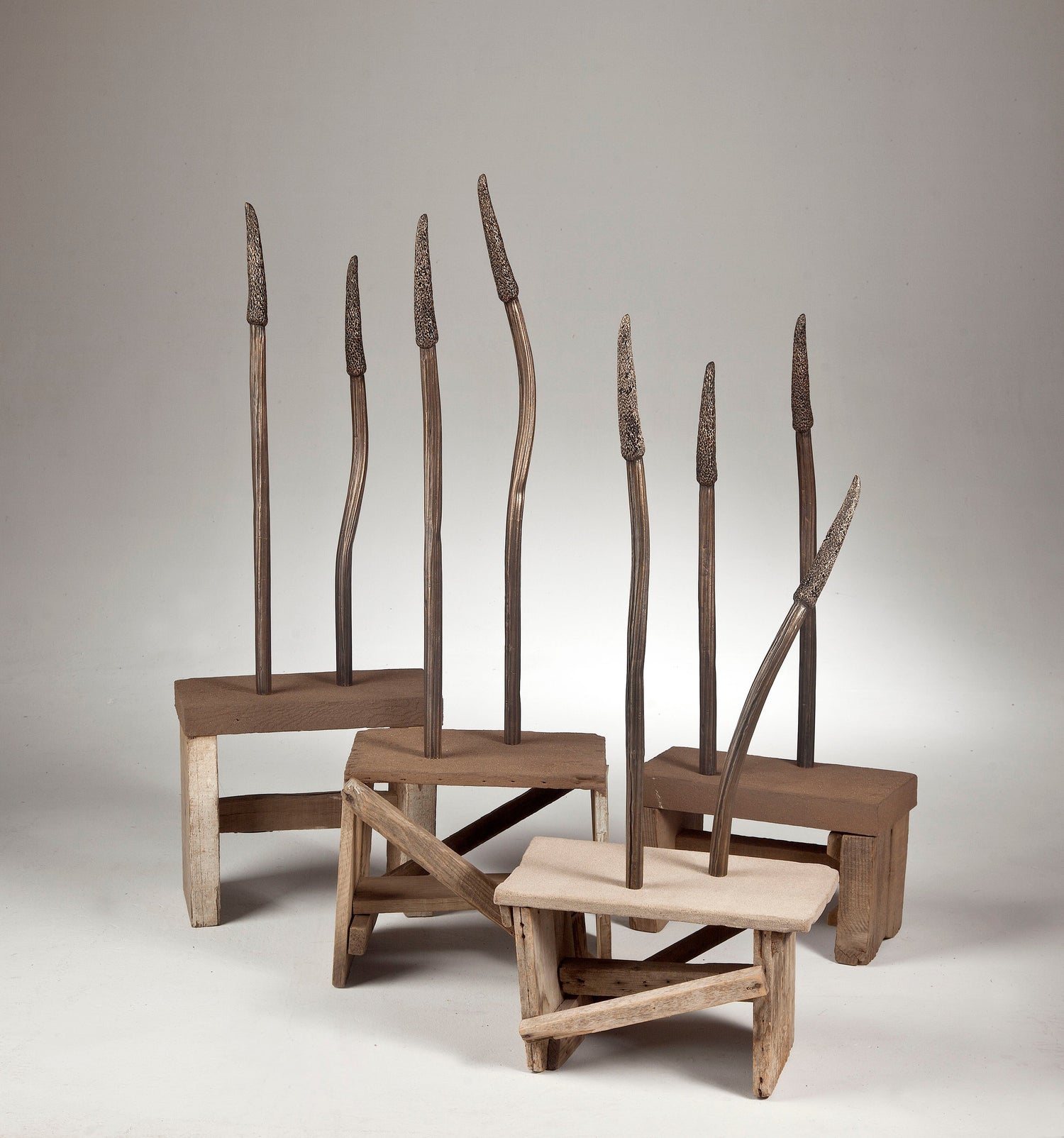
Lee Salomone
Lee Salomone transforms found objects imbued in national and personal heritage into contemporary...
-

Lisa Sewards
Lisa Sewards explores themes of displacement and resilience through the medium of...
-

Tanya Wales
From her studio in regional South Australia, Tanya Wales creates evocative, minimalist paintings...
-

Gosia Wlodarczak
Gosia Wlodarczak interprets her immediate surroundings through the language of drawing. Wlodarczak’s practice...

